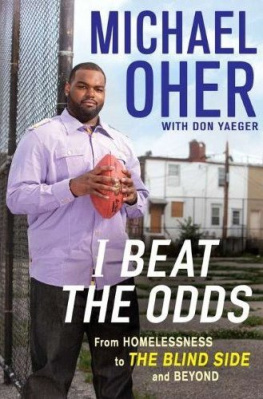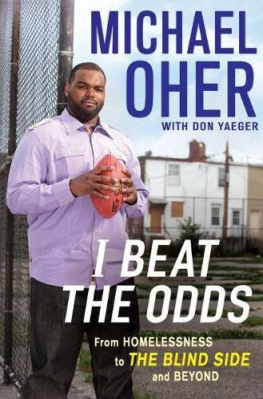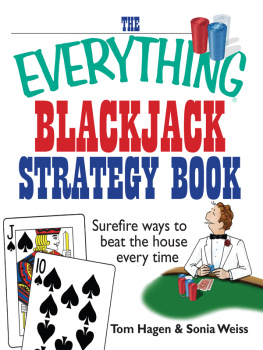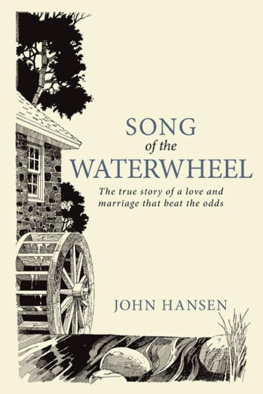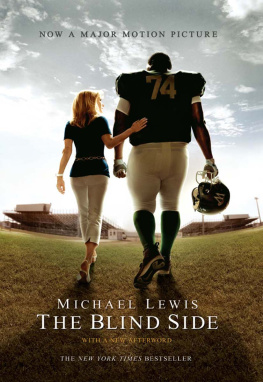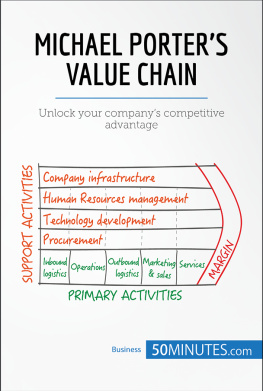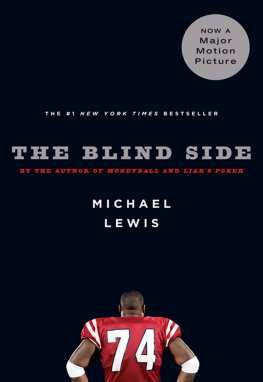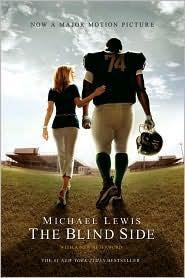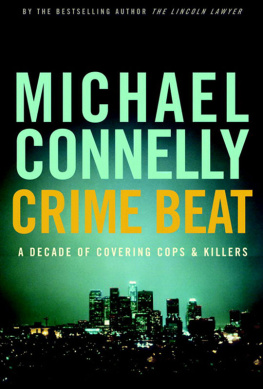ACKNOWLEDGMENTS
Michael has experienced more in his twenty-four years than many people experience in an entire lifetime, and in order to really gain a fuller sense of all he has seen and lived we needed the help of many, many other people, ranging from family and friends to foster parents, former teachers, and DCS workers. Without their assistance we could have never helped Michael put together as complete a picture of his early life.
Ms. Bobbie Spivey is someone we cannot thank enough, not only for the time she gave us and the details she provided, but for the blood, sweat, and tears she dedicated to the Oher family and many others just like them for well over twenty years. Being a social worker is often a thankless job, but the dedication men and women in the field show is tremendous, important, and life changing. Thank you for all that you did and continue to do for the abused, neglected, and troubled children across the country.
Special thanks must be extended to Rob Johnson and Stacy Miller at the Tennessee Department of Children's Services. Together with the staff there, they dedicated days searching for Michael's records--even in the midst of the devastating Nashville floods that were impacting their city--and spent hours with us on the phone, explaining the breakdown of the system in the 1990 and how to help Michael find alternative sources of information about his past, and advising us on the delicate legal restrictions involved. Thank you, too, to Nancy Clark who put us in touch with the right people; to Zach Farrar, for his help with navigating the juvenile court system in Tennessee; and to the Shelby County Juvenile Court, for the records and documents they were able to provide.
Thank you to Velma Jones, for meeting with us and supplying us with many details about Michael's time under her care, and to Ms. Verlene Logan, for talking to us about having Michael in her fourth-grade class. The memories you shared were fascinating and informative.
Michael's family, especially Marcus, was invaluable, not only for the stories they shared, but also for helping to take us around to visit all the old neighborhoods. Craig Vail was a great help in that regard, too; thank you for being such a loyal friend and a strong support. Steve Henderson, you are such a hard worker and we appreciate you taking the time out of your work schedule and celebration upon having just graduated from Ole Miss to share with us some of your memories of Michael. Big Tony Henderson, thank you for making time for us, too, and for your interest and concern for Michael even as you were focusing on raising your own sons to be successful men.
To Sean, Leigh Anne, Collins, and S.J. Tuohy, thank you for all of your time and help with both stories and photos for this book. You always give us something to laugh about, and your family has certainly made an impact on many, many lives.
Of course, this story wouldn't have caught America's attention if not for the amazing writing of one of this country's great writers, Michael Lewis, who penned the book The Blind Side. His book was spun into an even more amazing movie that was viewed by millions.
To Jimmy Sexton, John Haun, Heather Mundy, and everyone at Athletic Resource Management: Your help with coordinating all of the different pieces for this book was absolutely essential, and we are sincerely grateful for all of the energy, assistance, and support you provided in helping us to complete this journey into Michael's past, as well as looking ahead to a very bright and promising future.
To Megan Newman and Miriam Rich at Penguin: Thank you for your tireless work editing this manuscript, helping us craft it into something that will have the maximum impact and truly reach people with the heart of Michael's life and message. The great work of literary agent Scott Waxman made sure this story was told by the best possible publishing house.
Tiffany Yecke Brooks, who has been a wonderful partner during many writing projects, threw her heart and soul into this one. Her love of great stories and ability to help tell them made this come together.
The staff of the Baltimore Ravens was essential in helping us with fan mail, as well as allowing Michael the time he needed to work on this project. The Ole Miss staff was very accommodating in allowing us to work even while Michael trained. And the administration and teachers at Briarcrest Christian School were welcoming, warm, and helpful as we toured the grounds and conducted interviews. We are so grateful for the outpouring of support and encouragement that everyone at these schools provided for Michael.
And, finally, special thanks go out to the countless fans who cheer Michael on every week, especially to the ones who take the time to write to him, sharing their own stories, and to those who allowed us to print their letters. You are so brave and so strong. You matter. Thank you for trusting Michael enough to share such personal testimonies. Your letters mean the world to him, and they are the reason he strives each day to continue to succeed--to show you that dreams can come true. To the young men and women in the foster care system and to those wonderful individuals and organizations that work with them every day, this is for you.
CHAPTER ONE
Begging and Bumming: Life in Hurt Village
You're not poor if you know where your next meal is coming from.
That's one of the first lessons I learned growing up. The lines were pretty clear: There were people who had food, and there were people who had to scrounge. Most of the time--way more than most of the time--I was in the second group.
I think about that now, whenever I sit down to dinner at a nice restaurant or open the refrigerator in my own home, which I always make sure is full. If I pass a homeless person on the street, I try to be pretty generous with what I drop in their cup because I know how it feels to be sitting in their spot.
It's crazy now, as I look at my career and the opportunities I have, to think about how I was living just a few years ago. I had to beg for anything I needed; now I have everything I could possibly want.
But before my happy ending, there was a very sad story.
I THINK IT IS IMPORTANT, before I talk about my life when I was little, to explain how it was when I remember it best. It's going out of order a bit, but I think it will help put everything else in context. In order to understand my life, you have to understand my world.
Like most kids, when I was younger I didn't really understand that my life was not normal. It wasn't until I had a chance to see how other people lived that I realized that the way my family lived wasn't the way everyone else lived. A child can only understand what he or she sees on a daily basis--that's what seems normal. And until I saw another way of life, the things that I was surrounded by seemed totally normal to me, so the problems with it didn't stand out in my mind.
But from the time I was almost eleven years old to the start of high school, I called Hurt Village my home. There were some foster places mixed in, but Hurt Village was always what I considered home. The name fit--Hurt Village. It seemed like everything and everyone there was hurt, broken, depressed, beaten down. And by that point, I was finally old enough to understand that it was a pretty bad place to be and a pretty bad way to live. It was all I had, but I knew I wanted something better. In some ways it looked like every other housing project in every city in America: rows and rows of identical brick buildings that were two or three stories high, busted screens and broken windows, a place empty and boarded up every few units, rusty handrails on cracked concrete steps, broken toys and broken lawn chairs in the little patches of grass outside each door. Even the air smelled greasy, dirty. It was the kind of place that depressed you instantly if you took a wrong turn and ended up driving through it. But most outsiders never drove through it because it was also the kind of place you took a U-turn in the middle of the road to get out of if you ended up there accidentally.


